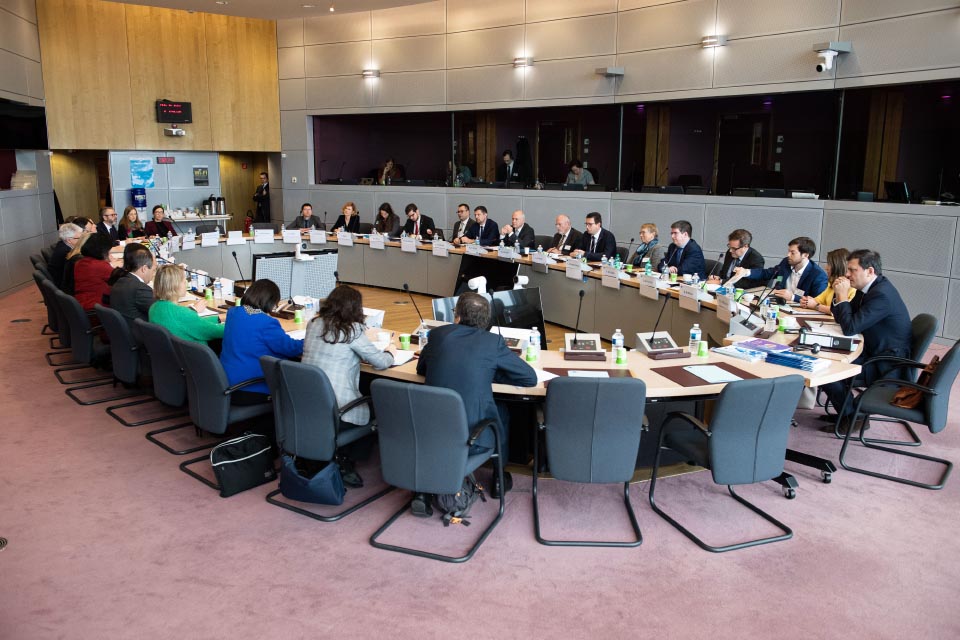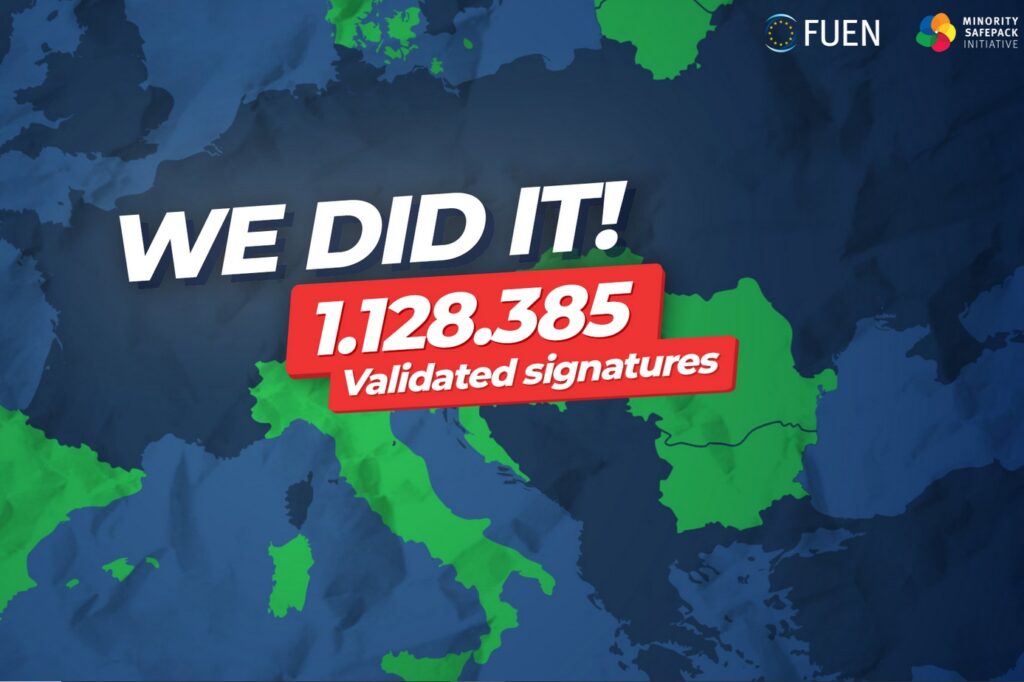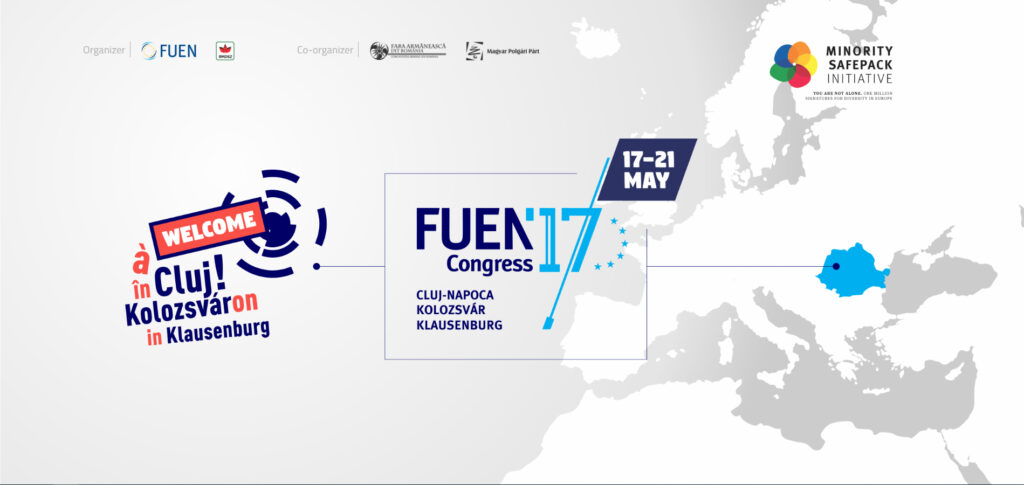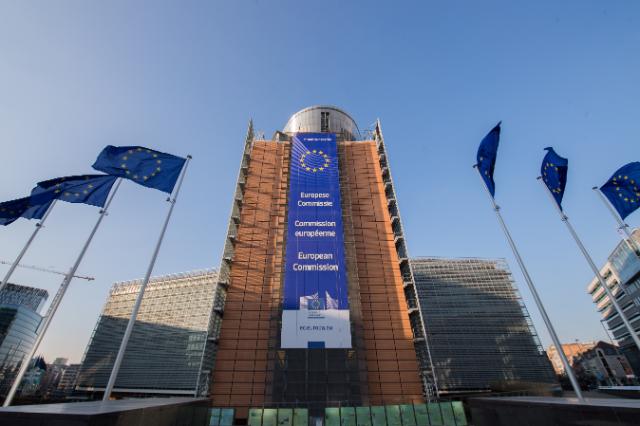What is MSPI?
In the European Union, there are about 50 million people who belong to a national minority or a minority language community. They make a strong contribution to the linguistic and cultural diversity of Europe. Together with other Europeans, they want to define the future of Europe; a future in which not only large languages or dominant cultures, but also minorities are taken into account. Therefore, they want protection and support for the preservation of their identity. This is what the Minority SafePack Initiative calls for. It is a package of law proposals for the safety of national minorities, a set of EU legal acts that enable the promotion of minority rights, language rights, and the protection of their cultures.
Source here.
What does MSPI contain, what goals does it set?
MSPI wants the European Union to take responsibility and become a genuine promoter of cultural and linguistic diversity across Europe. It wants the Copenhagen Criteria on protecting the rights of minorities to be observed also by the Member States of the EU.
Goals:
- Stop languages from becoming extinct in Europe
- Protection of minority cultures
- Language equality (use of the mother tongue in schools and public administration)
- Cross-border regional cooperation
- Free passage of audio-visual content
- Stop geo-blocking
- Rights for stateless minorities
Source here.
When, how did it start?
The story of Minority Safepack started at the FUEN Congress in Moscow in 2012, where the Democratic Alliance of Hungarians in Romania (RMDSZ) took up the idea of engaging in a citizens’ initiative for the benefit of European minorities. The initiators (FUEN, YEN, SVP and RMDSZ) signed a cooperation agreement followed by a first discussion meeting in the European Parliament defining the objectives and agreeing on the need to collect 1 million signatures until the elections to the European Parliament in 2014.
In 2013, the initiative was submitted to the European Commission (EC), which rejected its registration in the same year. According to the Commission, the proposed initiative fell “manifestly outside the framework of the Commission’s powers”. In November 2013, the initiators challenged the EC’ s decision at the Court of Justice of the European Union. On February 3rd, 2017, the Court found the initiators were right, and annulled the EC’s previous decision of rejection. In April 2017, the EP registered the MSPI and gave one year to the initiators to collect the 1 million signatures.
Milestones

6. The proposal
The Minority SafePack Initiative includes eleven original proposals, nine of which were registered by the European Commission:
Proposals:
- EU-Recommendation for the protection and promotion of cultural and linguistic diversity
- Funding programmes to support small linguistic communities,
- The creation of a Language Diversity Centre
- The objectives of the EU’s Regional Development Funds to include the protection of national minorities and the promotion of cultural and linguistic diversity
- Research about the added value of minorities to our societies and Europe
- Approximating equality for stateless minorities e.g. the Roma
- A single European copyright law, so that services and broadcasts can be enjoyed in the mother tongue
- Freedom of service and of access to audio-visual content in minority regions
- Improve access to regional (state) support for minority culture, media and cultural heritage conservation.
Future plans
The MSPI public hearing at the European Parliament would have been held on March 23rd, 2020. Due to the coronavirus epidemic, the hearing was postponed to an unknown later date. Subsequently, the European Commission’s decision-making deadline was also extended by 6 months. Eventually, the hearing was held on 15th of October.
The role of FUEN
Member States apply different norms and different standards in the field of minority protection: some don’t recognize and disregard the aim of minorities, while others actively promote and protect them. FUEN (Federal Union of European Nationalities) believes that the situation of European minorities cannot be considered solely the internal affair of Member States. Their objective is to strengthen the Council of Europe’s legal instruments and sanction mechanism, while in the EU our goal is to create a legal framework for the protection of national minorities and language groups. The Minority SafePack Initiative, coordinated by FUEN, managed to become the fifth successful ECI, with 1,128,385 validated signatures and 11 EU Member States where the threshold was passed. The successful campaign increased FUEN’s visibility and established it as the flagship organisation in the field of minority protection. Source here






